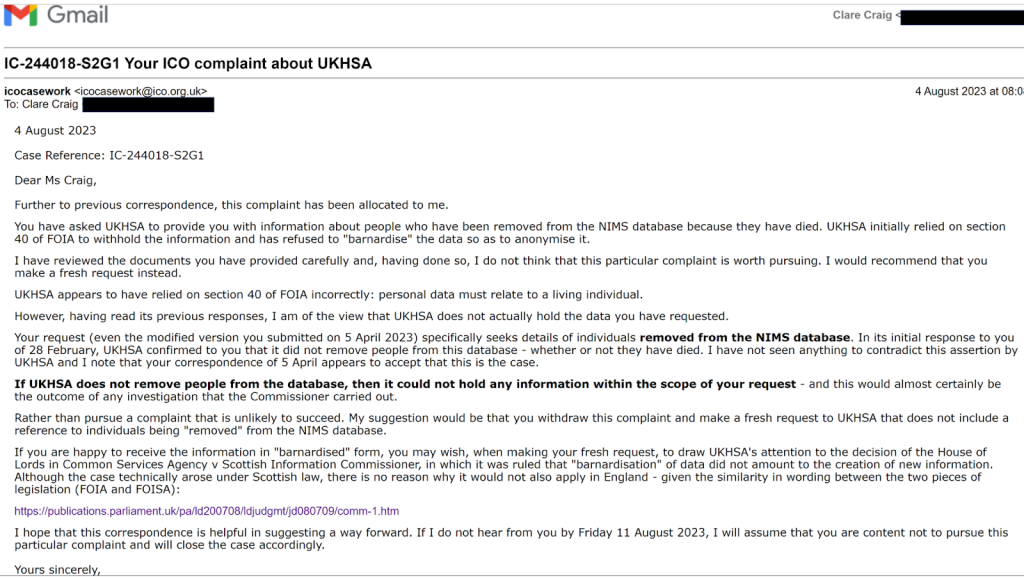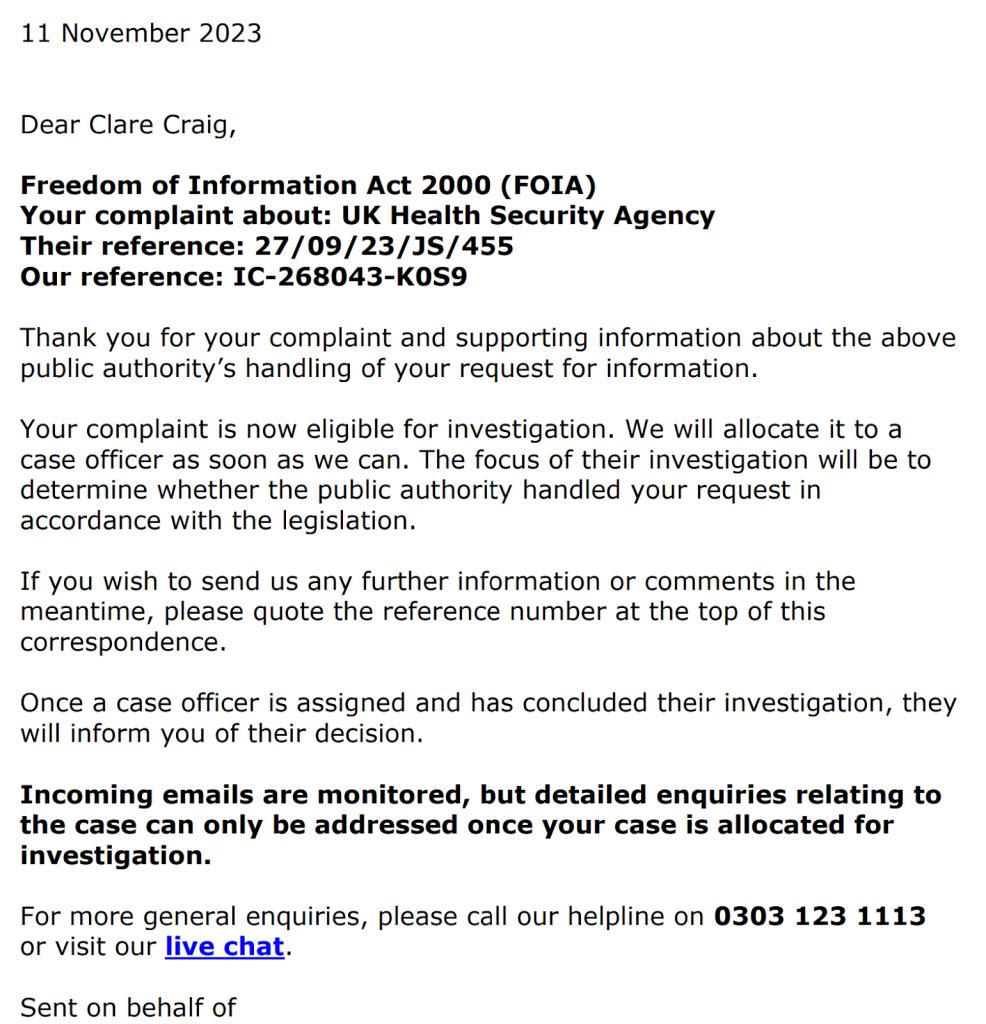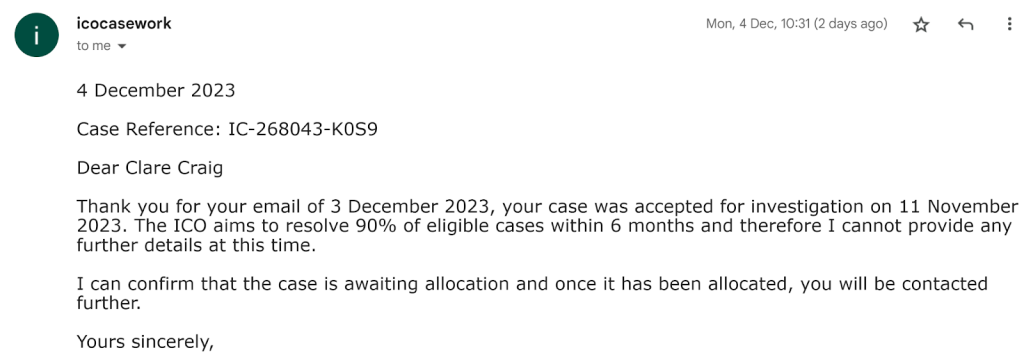
Why is UKHSA holding data hostage?
All HART articles also on Substack. Please consider a PAID SUBSCRIPTION so we can continue our work. Comments are open so you can join in the conversation.
Understanding the real impact of the covid vaccines requires record level data. With all eyes on the New Zealand leak, now seems like a good time to tell people how hard it is to get such data the official way.
The ONS have released a certain amount of data on deaths by vaccination status but it left more questions that answers. Why was there a surge in mortality in the unvaccinated when the vaccines were given even though the proportion of vaccinated and unvaccinated who had multiple comorbidities remained constant? Why did the number of deaths in the first three weeks after vaccination fit with what would be expected in the third week alone? In August 2023, they released data up to May 2021 that included only a fraction of the deaths that had occurred and resulted in a decision to no longer release this data. Of course, we already know from the overall country level data that the vaccinated population are dying too much.
ONS were dependent on receiving vaccination data from UKHSA. An FOI was put to UKHSA on 2nd February 2023, for them to release the dates of vaccination and death data. They hold the vaccine database and are told of deaths so that they can present up to date data on who remains alive and vaccinated in each age group.
On 9th May 2023 they admitted that they held this data but said it could not be released because they had to protect people’s privacy.
On 21st May a proposal was put to them to anonymise the data (which included dates of death) by randomly adding or subtracting a small number of days from the date. This is a process known as barnardisation. Ten days later they refused to do this on the basis that they “do not have to create new information” under FOI law.
In order to follow the due process the next step was to ask for an internal review of the decision. In response they repeated the claim that this would constitute the creation of new data.
The next step was to approach the Information ‘Commissioner’s Office to ask for their help. Within two weeks there was a response that a case officer had been assigned and within the month there was a response.
The Senior Case Officer felt that a reworded submission might be clearer but importantly pointed out that there was case law that the proposed anonymisation would not count as the creation of new data.

A new FOI request was duly begun on 4th August after receiving this email.
A month later there was a response from UKHSA, again confirming that they held the data and again claiming that anonymising it would amount to the creation of new data. The Information Commissioner’s Office were not prepared to look at this until an internal review had been carried out by UKHSA – so that was duly requested on 27th September 2023 and hit another brick wall on 25th October – finally allowing another approach to the ICO.
On 2nd November 2023, a second appeal to the ICO was filed and receipt was acknowledged and it became “eligible for investigation” on 11th November. A full month has passed without any assignment to a case officer.

When this was queried the response was that it might take another 6 months (or, in 10% of cases, longer).

UKHSA and the Information Commissioner’s Office seem to have no interest in data transparency. In fact the efforts they have gone to to avoid releasing this data suggests they have something worth hiding.
